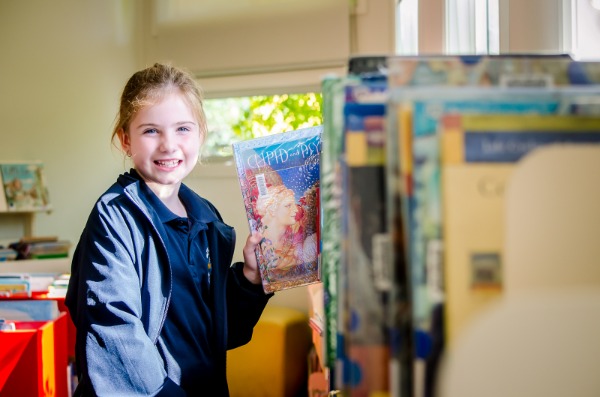Curriculum
Curriculum
The learning experience at St Joseph’s nurtures all students to become active members of our global community - the doers, makers and cutting-edge thinkers the world needs. Students are provided with learning environments that encourage investigation, exploration, creativity and develop an understanding of how they learn. Our curriculum is purposefully designed to provide opportunities for our students to develop the skills to become critical thinkers, problem solvers, and collaborators.. Through reflection and evaluation, our students are empowered to independently extend their learning.
There are seven Key Learning Areas (KLAs) in the Primary Catholic School Curriculum in New South Wales:
- Religious Education
- English
- Mathematics
- Science and Technology
- History and Geography
- Creative Arts
- Personal Development, Health and Physical Education
We are guided by the NSW Education Standards Authority (NESA) and Lismore Diocese expectations in ensuring a quality, contextualised education for all of our students.
Learning and Teaching Framework
At St Joseph's, we are committed to excellence and equity in the growth and development of all students as lifelong learners who are actively engaged with a passionate curiosity and wonder about the world. At its heart, education equips students with the attributes, knowledge, skills and confidence they need to live fulfilling, productive and responsible lives. Students engage with a range of people, places, and disciplines to grow as critical and creative problem-solvers who embrace society in all its diversity.
Learners in our school are empowered to become co-responsible for their learning as they explore an increasingly interconnected and complex world through:
- a rich curriculum that engages;
- pedagogy that empowers;
- environments that enable; and
- a powerful culture of learning for continual growth.
These four dimensions are at the heart of learning and teaching, inspiring, challenging, empowering, and developing students’ love of learning. We draw on the Catholic tradition, providing direction and meaning for students as they engage with their lives' religious and spiritual dimensions.
Highly skilled teachers, and those who support them, have a central role in the learning process as they use their expert knowledge, skills and dispositions to engage in learning and feedback in partnership with students. They build learning communities that inspire, engage and challenge students as they seek to make sense of their world and their role in it. They model lifelong learning through intentional collaborative practise, feedback and reflection. Through deep thinking and meaningful engagement, they challenge themselves and their students to co-construct and apply new knowledge in a range of contexts.
Teaching is a vocation that calls for recognition that we recognise that we are walking on the 'sacred ground of the other' (Evangelii Gaudium, 169).


